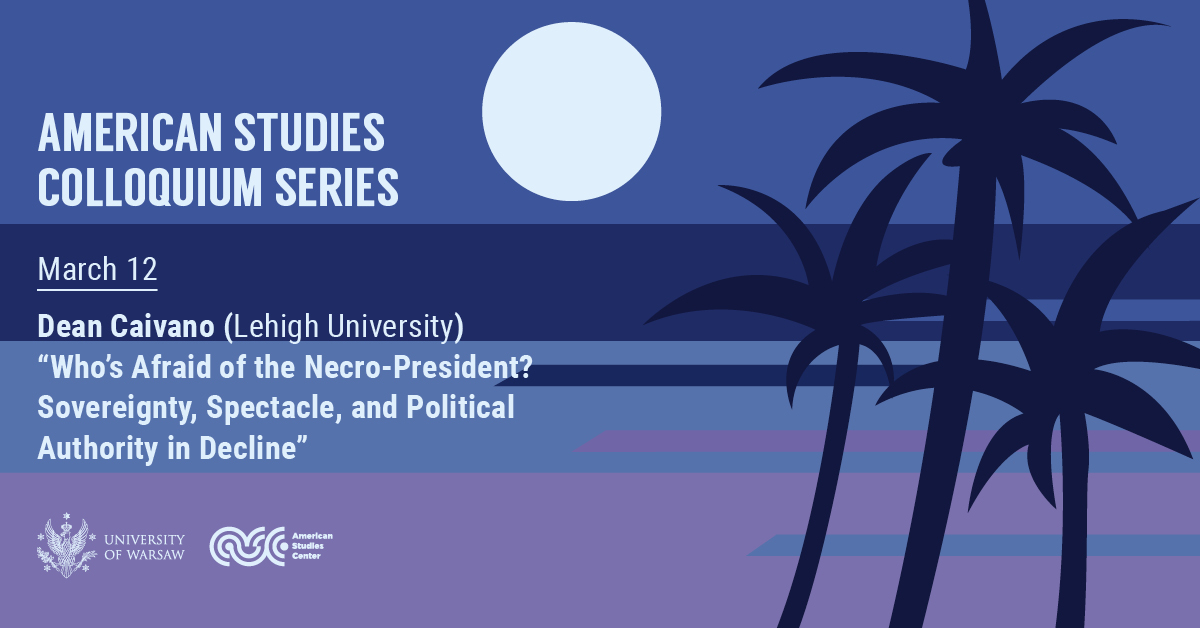Troubled by the status quo? We call for a new status queer!
As significant cultural changes in social reality are reflected and reinforced by representations in popular culture (with the law arguably lagging behind), we seek to question the status quo and look for examples of the creation of the new “status queer.”
We also want to update our understanding of what “status queer” is here and now: in contemporary social context, including politics, academia or activism. How is “status queer” being performed, reproduced or challenged in Polish society? Who is involved in this process, and why? How is queerness interconnected with gender/race/citizenship/disability and class within social practices or institutions? How far does the new queer culture go in calling into question the old social and political order? Does it always subvert it, or can it be integrated into old structures of power?
The aim of the conference is to create an opportunity for MA and BA students at the American Studies Center and Institute of Applied Social Sciences to present their research projects and facilitate an exchange of inspiring ideas. In hopes of creating an interdisciplinary, bilingual platform to discuss topics and methods related to Poland and the United States, we invite 10-15 minute-long presentations on topics including, but not limited to, the following:
‣ representation of gender in pop culture
‣ transgender and non-binary identities
‣ political conflicts over sexual minorities
‣ hegemonic and subaltern masculinities
‣ intersections of race and gender/sexuality
‣ intersections of class and gender/sexuality
‣ intersections of dis/ability and gender/sexuality
‣ histories of gender and sexual identities in the US or Poland
‣ the importance of gender/sexuality in the media
‣ non-normative sexualities in culture and society
‣ political struggles over gender equality
‣ history of feminisms and feminist debates today
‣ new methodologies in queer and gender studies
‣ living contemporary feminist & queer lives
‣ doing LGBTQ+ and queer activism in the US or Poland
‣ queering social life and institutions: emancipatory ideas and practices
‣ resisting homo- and transphobia
‣ resisting patriarchy
‣ cruising queer utopias and feminist futures
If you have a final paper that you are particularly proud of or if you are working on a B.A. paper or M.A. thesis that reflects on these topics, feel free to apply to the conference. New research is also welcome. You may present your research in Polish or in English.
The conference will be held on 26-27 April, 2024 at the University of Warsaw. All presenters will be invited to a free lunch during the conference. Conference participation is free of charge. The ASC presenters will be granted a grade of 5 for OZN!
Application deadline: March 1, 2024.
Acceptance notification: March 15, 2024.
Apply through a Google Form you will find here.
Organizing Committee:
Kamila Bagińska, Anna Maria Grzybowska, Mikołaj Szczerba, Miranda Zarzycka, Ludmiła Janion, Anna Kurowicka, Łukasz Mikołajewski, Marta Rawłuszko
The conference is funded by:

Organizers





